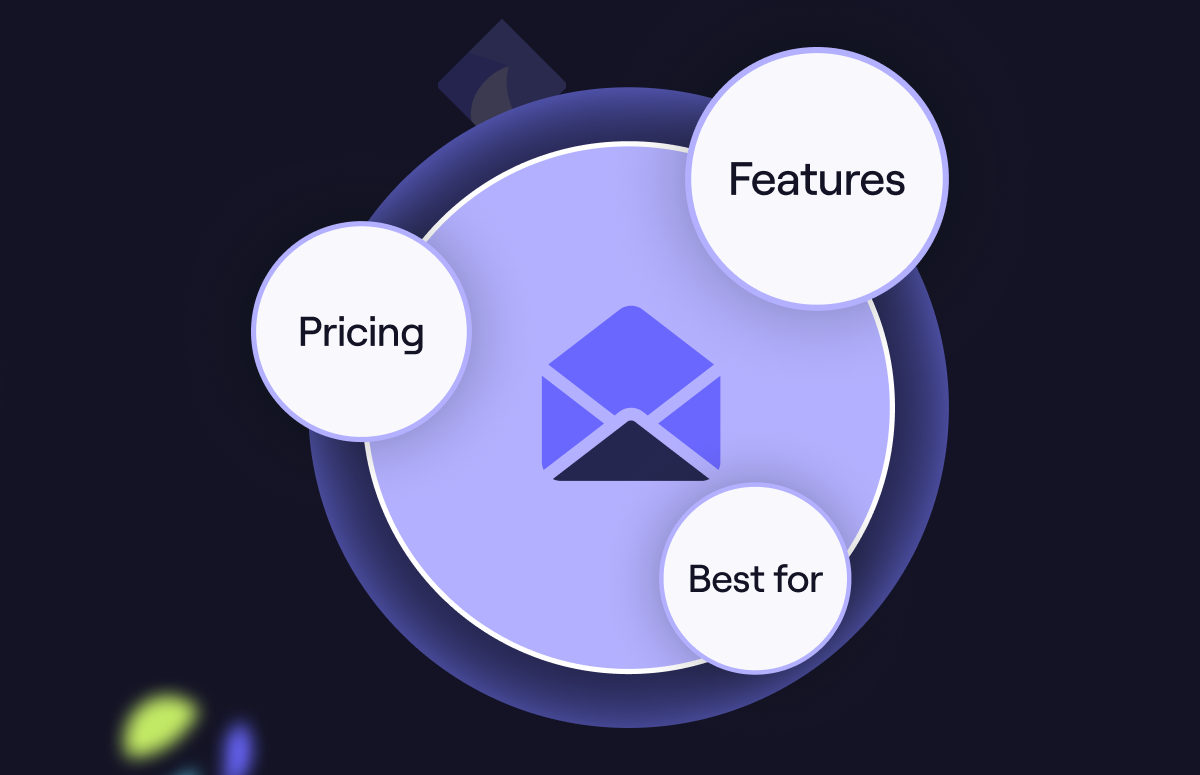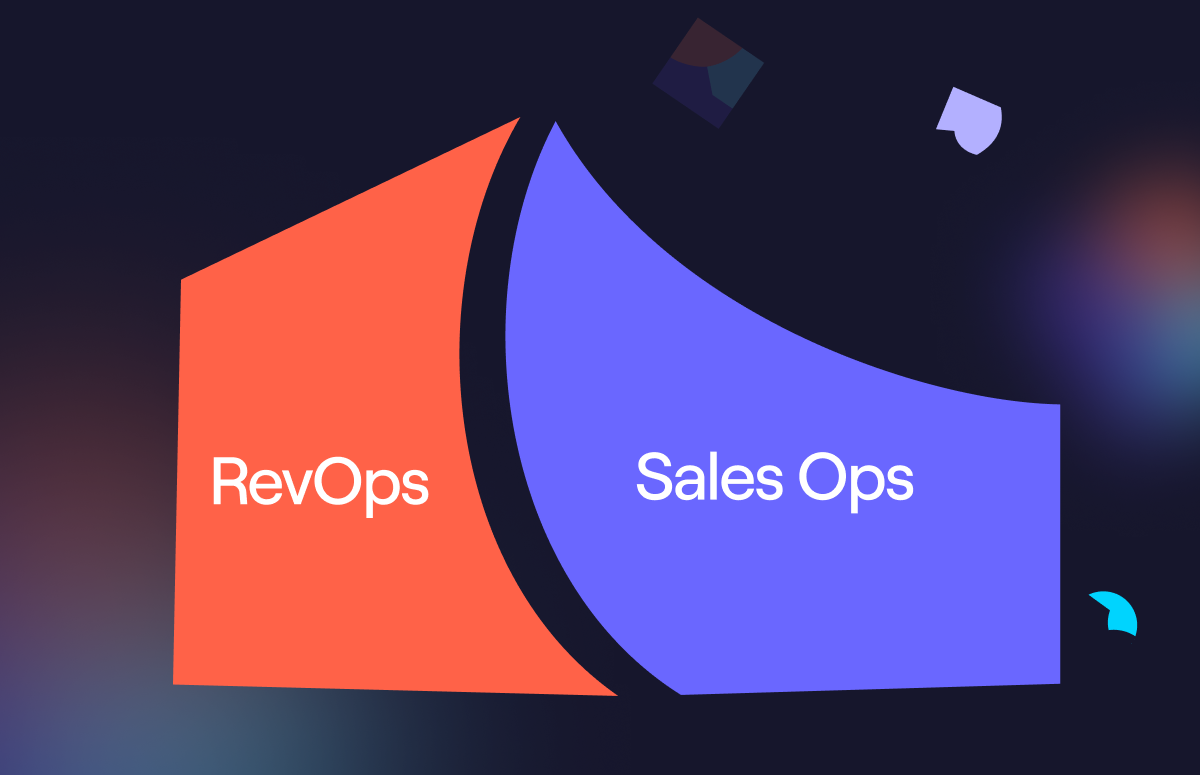How a Great Company Culture Gets Results
Last March, Cognism was a significant presence at the B2B Marketing Expo at London’s Excel Centre. Many of our team delivered presentations from our very own branded stage. One of those was Ben Mouquet, our Senior Business Development Manager.
Ben’s talk was on company culture, what it is and why it is vital, as well as how to start creating a culture that benefits everyone. As a team member of Cognism for more than a year, Ben has seen first-hand how influential culture can be to a fast-growing business.
Ben has taken time out of his busy schedule to pick out some highlights from his talk. He has some excellent knowledge to share.
Culture fuels growth at Cognism
Cognism is one of the success stories of the London startup scene. In 2018, we grew from a team of 20 to a team of 70, while revenue grew by more than 600%. We experienced a 30% growth in month-on-month revenue. We now serve a base of over 200 customers, including many global enterprise organisations.
This growth doesn’t happen by accident. Sure, our product is fantastic and super-effective at helping our customers generate revenue. However, we credit a large part of our growth to talented people in the business. The key to finding talented people and creating an environment where they can thrive? That’s culture.
The Cognism culture is the fuel for our success.
What is company culture?
Company culture has become a bit of a buzzword and you could argue that it’s lost some of its meaning. But in practice, it’s more important than ever. Whatis.com gives a useful definition:
‘Company culture is the pervasive values, beliefs, and attitudes that characterise a company and guide its practices.’
In other words, it’s the overarching personality of a company.
Entrepreneur.com defines it as:
‘A blend on the values beliefs, taboos, symbols, rituals and myths all companies develop over time.’
What makes a good company culture?
A company with a good culture has three things:
1. Identity
Identity is the values and beliefs of your company. What does your company stand for? Do your employees ‘live the brand’? How do your employees regard the company?
2. Retention
Retention means happy team members that stay at your company and work hard to make your company successful.
3. Corporate image
How is your company seen from the outside? Are you well-regarded?
If you have these things at your company, you must be doing something right with your culture.
How culture impacts the bottom line
Having a great company culture isn’t just about making the workplace a more comfortable, happy place to spend your days. It’s good for business.
Research from Warwick University found that ‘happy’ workers, on average, are 12% more productive than the average worker. However, those who are ‘unhappy’ are 10% less productive.
Happy employees stay longer, work harder and are more creative. They are willing to go the extra mile for the company. They become personally invested in the company’s success.
Companies with happy employees and strong cultures outperform the competition by 20%, increasing their operating income by 19% in operating income, and 28% in earnings growth.
When you retain your staff for a reasonable amount of time, rather than having high staff churn rates, your business will perform better. You don’t have to spend time and money recruiting and onboarding new members of staff, or wait for them to ramp up to full output.
Happy staff also act as ambassadors for your company, making it easier to attract talented people when you hire.
Make a start on company culture
What is the culture like at your company? If it’s not as good as it should be, it’s time to make a change.
Change must start at the top, but every employee should be included and involved in setting the direction of company culture. You cannot get buy-in if people feel decisions are being made over their heads.
The goal should be to make your staff feel appreciated and valued. Develop a culture that you believe is the perfect fit for your company, but be prepared to accept feedback on how your culture can be improved.
Remember, happy employees means higher productivity, which means more revenue.
Company culture is vital. The fate of your business could depend on it.



